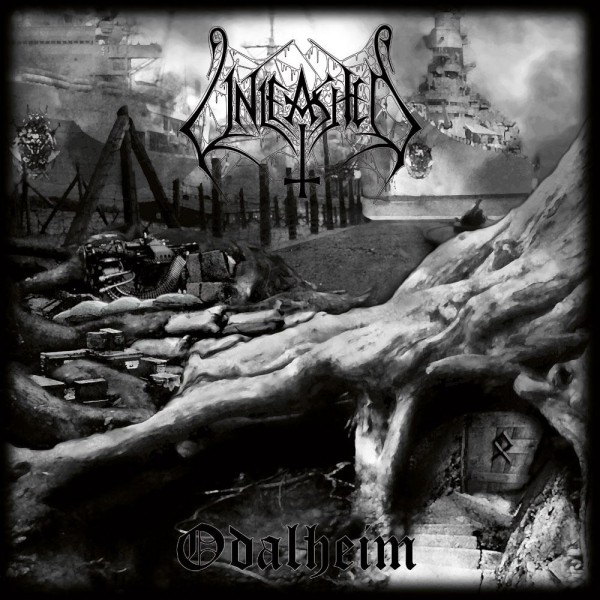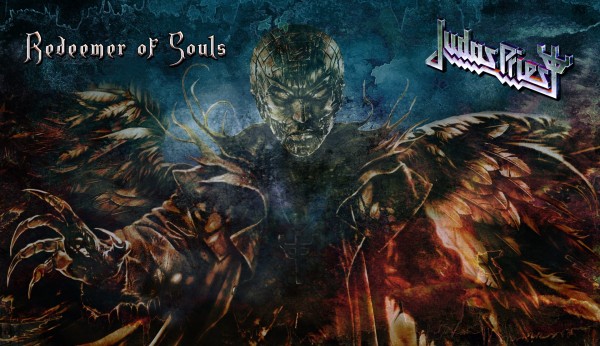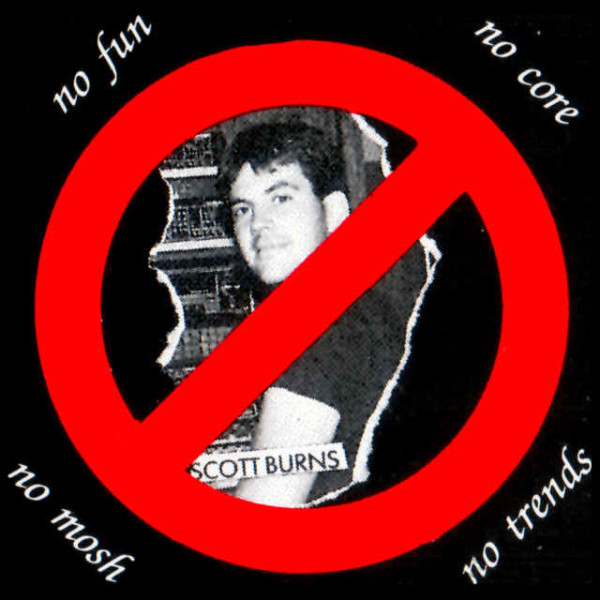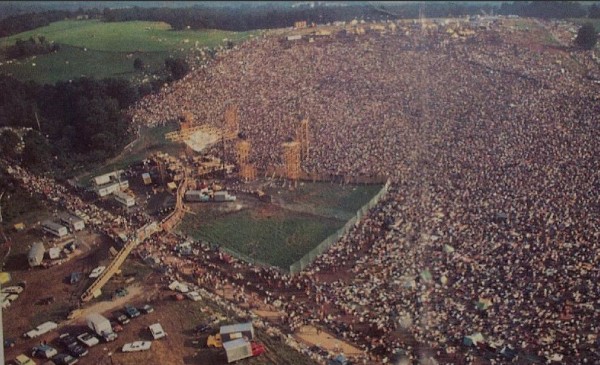Insecurity and heavy metal should be as far away from each other as possible as they are from two vastly different worlds. One is of the brave and adventurous mind, and the other frightened and self-pitying. The cognitive dissonance is undeniable.
Still, a large number of “metalheads” choose to (beyond my understanding) make it their mission to “wage war on pop music.” This hits a whole new level of confusion for me, because there is nothing remotely metal about the likes of Taylor Swift or One Direction, but these people continue to insist that there must be. Why else would they compare them?
Modern pop musicians have never tried to infiltrate metal culture. I’ve never seen a tween pop icon wearing an Imprecation shirt, metal band patches, or spiked wristbands. And that’s because metal is separate, dangerous in terms of intensity both in music and lyrical themes, and not meant for mainstream consumption. Pop music and heavy metal are two completely different things that contrast in both ideology and musical form. So why are people who claim to be metalheads so frequently talking about pop music like it’s metal’s kryptonite?
Maybe because they’re insecure about themselves, and engage in this behavior because it makes them seem edgy or tough. They aren’t as into metal as they are into the image that metal provides for them. They want to be seen as the rebel, the enemy of the norm, unique, but with mostly nothing to back that persona up other than a few YouTube comments on Justin Bieber videos. It’s an easily obtained identity, but entirely deceptive.
There is another and scarier possibility as well. A scapegoat is a relatively innocent creature into which people symbolically project their sins so that they do not need to see those sins in themselves. As metal gets more pop, metalheads feel more pressure to point to One Direction and say, “See, that’s pop, not this candy black metal or lite-jazz tech-deth that I consume.” In this case, it’s a status contest for what economists call a “positional good,” or a product purchased to make the purchaser seem more successful and sociable.
If people who participate in this nonsense happen to be reading, know this: that behavior is doing nothing to benefit heavy metal or its future. The only thing it’s doing is making the public incorrectly view heavy metal culture as the whine of insecure teenage brats. It also sets the implication that metal needs the approval or acceptance of the mainstream crowd (which only wants to assimilate it). The future of heavy metal will do just fine without Hollywood’s hand to hold, I assure you.
The sure mark of a poser is one who talks about what he hates more than what he likes. You want to contribute? Support good bands, leave pop music be, and polish the throne. If you’re unable to do that, then it’s about time that you leave the hall.
29 CommentsTags: cognitive dissonance, Heavy Metal, pop











